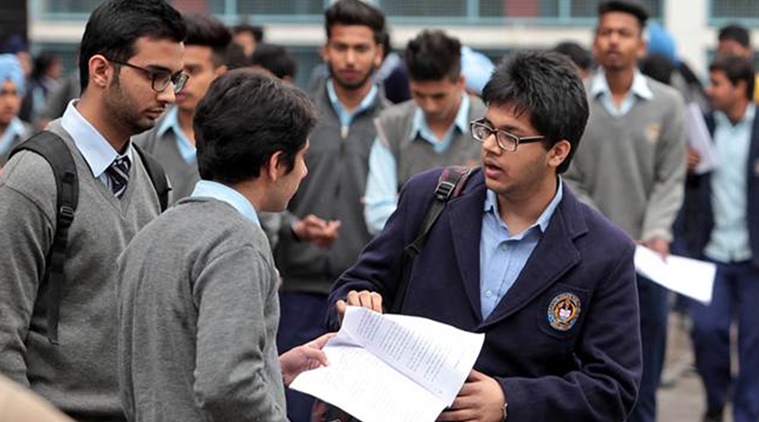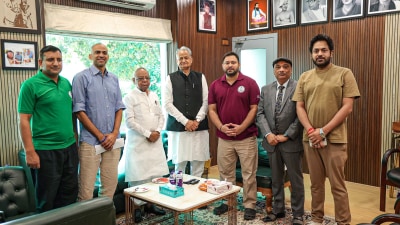Board exams to be made easier, stress on core capacities: Draft NEP
The draft, given a final shape by the HRD Ministry, will now be placed before the Union Cabinet for approval. But, according to ministry officials, there could be “minor last-minute edits”
 So far, the Central Board of Secondary Education is being monitored by the Union human resources development ministry. File Photo
So far, the Central Board of Secondary Education is being monitored by the Union human resources development ministry. File Photo
To ease the burden of students and wean them away from months of coaching or additional effort, the final draft of the National Educational Policy (NEP) suggests making board examinations easier.
“The board exams will be made easier in the sense that they will test primarily core capacities rather than months of coaching and memorisation and any student who has been going to and making a basic effort in a school class will be able to pass the corresponding subject without much additional effort,” the final draft of the NEP, which was submitted by a group of experts, led by former ISRO chief K Kasturirangan, to the HRD Ministry in June, says.
The draft also proposes a central regulator for all school boards. This means that state education boards will be regulated by a national body headed by the Union HRD Minister.
So far, only the Central Board of Secondary Education is being monitored by the HRD Ministry while state boards are autonomous and regulated by state governments.
IN VIDEO | HRD to introduce new BEd curriculum, teacher training programmes
“A regulatory body will be formed at the national level, under Minister of Education, for all recognised school boards of India, for regulating assessment and evaluation norms and standards, and for ensuring that the assessment patterns of the different boards meet the skill requirements of the 21st century and are in consonance with the stated objectives of this policy,” according to the final draft of the NEP.
The draft, given a final shape by the HRD Ministry, will now be placed before the Union Cabinet for approval. But, according to ministry officials, there could be “minor last-minute edits”.
Recently, the HRD Ministry tweaked the draft National Education Policy (NEP) to dilute the provision on extending the Right to Education (RTE) Act up to Class 12 and also include three years of early childhood education.
– With inputs from PTI



- 01
- 02
- 03
- 04
- 05




























